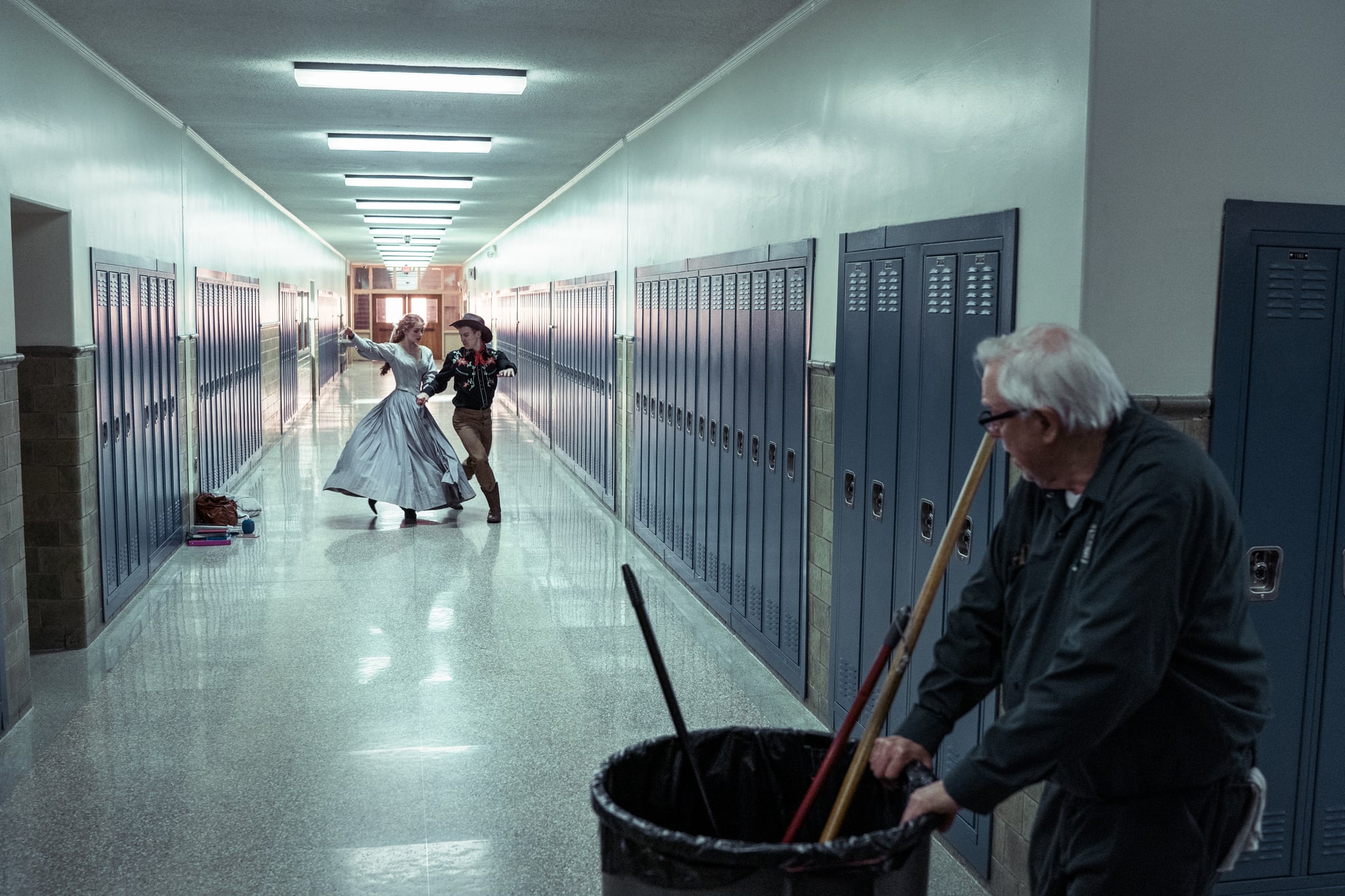
With i’m thinking of ending things, Kaufman continues his fascination with internal voices: John Malkovich entering his own brain Jim Carrey revisiting distorted memories the Fregoli delusion of Anomalisa.

“Well, that’s what we want everyone to feel!” “If it appealed to everyone, it’d be pretty boring.” “It means it’s provoking something,” Buckley adds. “It’s a heavy film for this time, for sure.” “They are going to vary.” Both actors laugh at the understatement. “I don’t know what the reactions will be,” Plemons tells me, alongside Buckley, over Zoom. Eternal darkness of the spot-filled mind, if you will. Netflix, really, should establish a new category on their homepage: “Journeys Into The Most Unpleasant, Jagged Contours Of The Human Psyche”. Is she thinking of ending things with him, with reality, or both? By the time an erudite, animated pig waddles on screen, you’ve already long accepted it’s more a breakup drama of the metaphysical kind. Yet this simple premise veers off, like the car, into dark, mysterious corners.

A boorish mansplainer, Jake (Jesse Plemons – Breaking Bad, The Master, Fargo season two), drives his Pauline Kael-quoting girlfriend, Lucy (Jessie Buckley – Chernobyl, Beast, Fargo season four), to meet his parents (Toni Collette, David Thewlis) amidst a blizzard. The plot, at first, appears to be a break-up drama. There’s no Spike Jonze or Michel Gondry to insert their pop sensibilities for better or worse, it’s Kaufman at his most Kaufman. Yet Kaufman’s Netflix-backed i’m thinking of ending things faces no pressure regarding box-office and thus delves into genre-bending, avant-garde territory with wild abandon. As a screenwriter, he’s responsible for Being John Malkovich, Human Nature, Adaptation, and Eternal Sunshine of the Spotless Mind as a writer-director, he further perplexed audiences with Synecdoche, New York and Anomalisa. In that regards, Kaufman’s movies are certainly rewatchable. There are things you won’t see the first time that you’ll see the second time, and so on.” “My goal is to give people something that resonates with them at different points of their lives. “No, that’s what I hoped for!” says the real Kaufman, speaking over Zoom, from New York, where he looks like Charlie Kaufman, not Nicolas Cage. Have I misread the film twice, or perhaps thrice? Will a fourth viewing clarify everything? Or do I need to invest 10,000 hours, Malcolm Gladwell-style, into rewatching and rewatching i’m thinking of ending things until the Charlie Kaufman-esque jigsaw pieces fall into Charlie Kaufman-esque place?

In fact, I watched it three times, and came away with three different interpretations of what the actual story is. Adapted from a 2016 novel by Iain Reid, Kaufman’s third directorial feature is never boring and always confusing. That quote encapsulates my fear of writing about Kaufman’s profoundly moving and annoyingly titled i’m thinking of ending things. “It’s someone else’s material,” he continues. “I don’t know why I thought I could write this,” Kaufman, as played by Nicolas Cage, laments in a Charlie Kaufman-esque manner. In the 2002 film Adaptation, a fictional Charlie Kaufman slumps into existential despair when tackling The Orchid Thief by Susan Orlean.


 0 kommentar(er)
0 kommentar(er)
